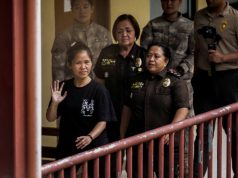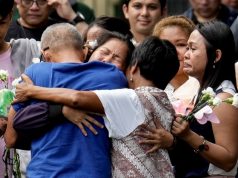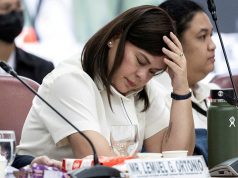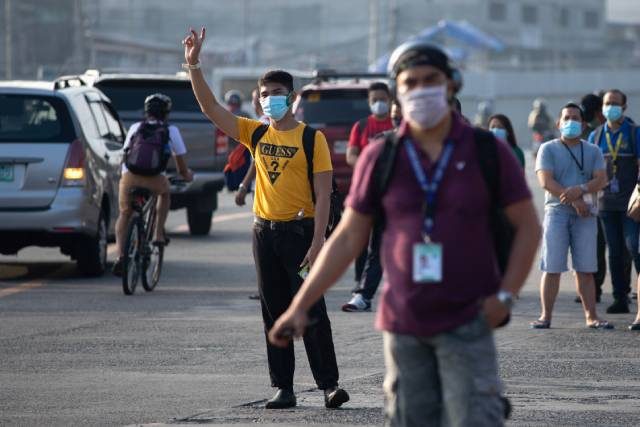
Twenty-four transport groups called on the incoming administration of president-elect Ferdinand Marcos Jr. to adopt technology and intelligent transport systems in the hopes of alleviating Filipino commuters’ experience marred by overcrowding, long terminal queues and longer travel times.
RELATED: Metro Manila commuter woes in photos, videos: Long queues, crowded terminals for buses, trains
At the MAGKAISA transport and commuter summit, various representatives of public utility vehicles, bus drivers, operators and commuter groups signed a Manifesto of Solidarity and Action Plan that outlined the pressing issues of the transport sector, including the rising cost of fuel and lack of public terminals.
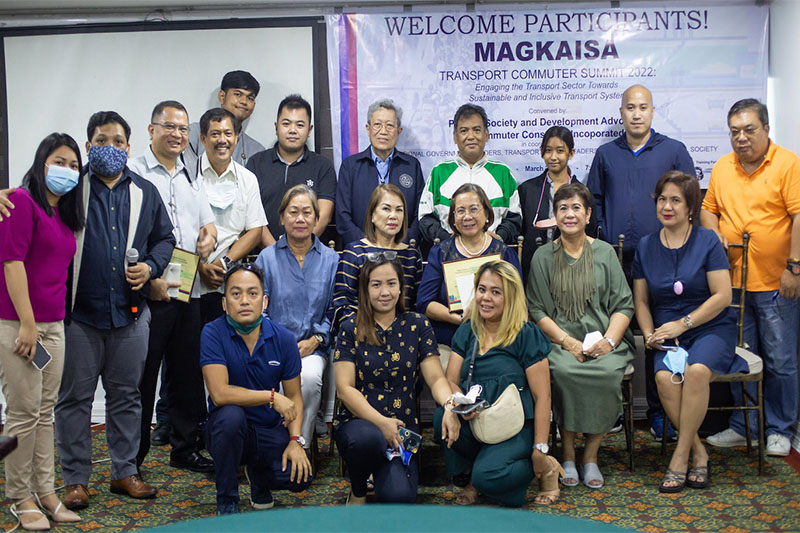
As Marcos assumes office on June 30, he inherits a continual rise in transport inflation and oil prices that are significantly driving up Filipinos’ transportation costs.
Transport prices in the country rose to 14.6% in May 2022 from 13.2% in April 2022, according to the Philippine Statistics Authority (PSA). Motorists also braced for another round of fuel price increase early this week. As of June 14, per-liter prices climbed by P28.70 for gasoline, P41.15 for diesel and P37.95 for kerosene since 2022, based on the Department of Energy’s monitor.
At the summit, the groups discussed ways to build a sustainable and inclusive transport system that is “capable of embracing and adapting to differences […] including marginalized sectors using consultative and participatory approaches.”
They proposed measures such as building more bike lanes, using technology-driven traffic enforcement, supporting ride-hailing services and constructing more commuter-friendly terminals for senior citizens, children, pregnant women and persons with disabilities.
In a November 2020 Social Weathers Stations poll, 87% of Filipino respondents said local roads would be better if bicycles, public transportation and pedestrians were prioritized over private vehicles.
The groups’ Manifesto of Solidarity emphasized that using intelligent technologies would “promote good governance, efficiency in public services and safer roads for the public.”
The Manifesto has garnered the support of at least 5,000 commuters and transport workers, including the Federation of Jeepney Operators and Drivers Association of the Philippines and the National Public Transport Coalition.
The groups also stressed the incoming administration to prioritize transportation issues with traffic congestion in Metro Manila building up to its pre-pandemic levels, and schools and offices reverting back to face-to-face operations after prolonged lockdowns.
According to the Japan International Cooperation Agency, the country loses around P3 billion in economic gains per day due to Metro Manila congestion alone. If left unaddressed, the daily loss could amount to P5.4 billion by the year 2035.




